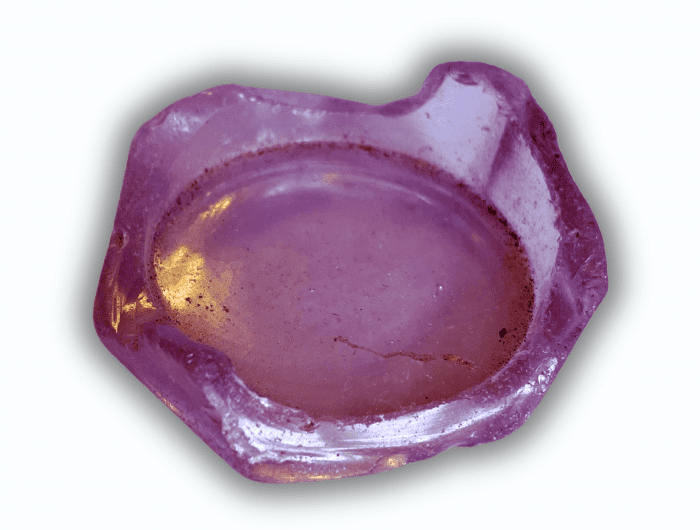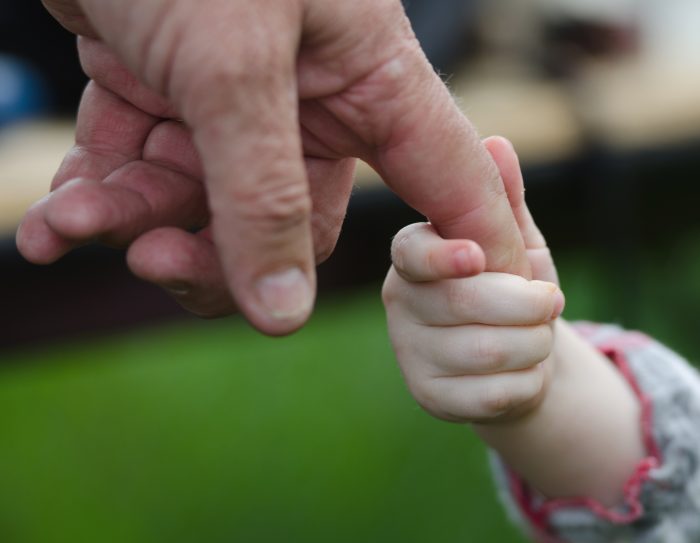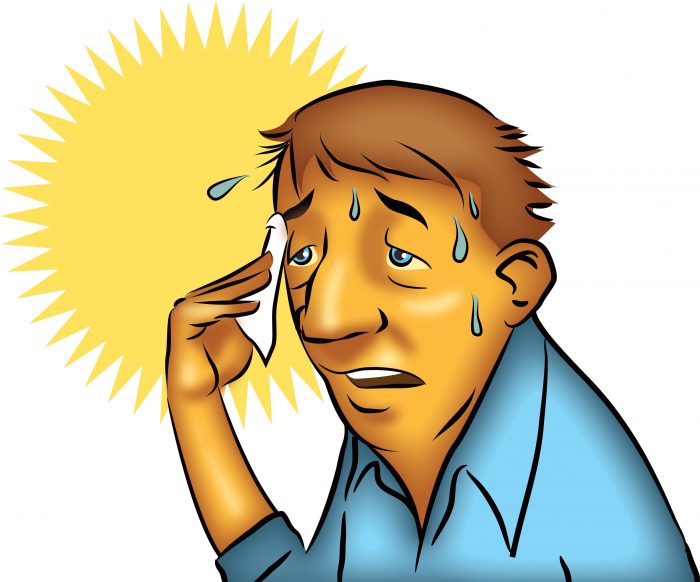By Daniel Dunaief

I’m a good person. Really, I am.
What’s my proof? I don’t drink single use plastic bottles, which are bad for the environment.
I love the environment. I’m going to go hug a tree. Not that one, because it’s kind of prickly and it makes my skin itch. Not that one either, because it’s too wide and my arms are too short. The one over there doesn’t work either, because it’s too far in the woods and I might get poison ivy.
You know what? I’m not going to hug a tree literally, but I’m going to do it figuratively.
Wait, what’s that you’re holding? It’s a picture of me drinking out of a single use water bottle? That must have been taken a long time ago.
No? You have a date on it and it says it was taken in the last few months. Oh, well, I was helping someone and she needed a drink and I didn’t want her to feel like she was drinking alone, but it certainly wasn’t alcohol and I didn’t swallow the water because it was too hot.
You want to know who I was helping? That’s none of your business. Also, I don’t want anyone else to have to answer these kinds of questions, so to protect her privacy, I’m not going to tell you.
I don’t care whether you believe me. Okay, well, maybe I care a little. You’re right, you’re right, I wasn’t helping anyone, but that picture of me holding a water bottle? That’s not actually me. That’s someone else and I have 10 people who can confirm that I wasn’t drinking that water on that day, even though I don’t know what day it was and that shirt looks like one of the ones I wear all the time.
Other people have that kind of shirt, too. Yeah, I know it might be unlikely that someone would have the exact same soy sauce stain in the same place, but it’s still possible.
So, you get my point, right, about being a good person. Maybe the water bottle wasn’t a great example, but I used to coach sports and I won a bunch of championships.
I know I said that the championships weren’t about me and I didn’t win anything. But that was then. Today? I’m taking a little credit.
What did I do? Well, I gave my players advice. Yes, I know some of them ignored me, while others got their own coaches and played well despite my advice.
Still, I won those championships. Well, I mean, I didn’t do it alone, but I was the leader and you can be sure that the team wouldn’t have won without me.
How can you be sure? Well, for starters, you can’t not be sure, and that should be good enough.
So, we agree, right? I’m a good person. No? What’s it going to take?
Oh, you want me to hold the door open for you? Yeah, I would but the air conditioning might get out. You see? I don’t want to waste energy. Oh, I know it’s not a waste of energy for me to help, but I don’t want to waste the energy it would take to cool the hot air I’m letting in. That’s even better than that bottle example.
So, to conclude, I’m a good person because I’m sure, deep down inside, beneath all the complicated layers that undoubtedly make me interesting mostly to myself, I care about things, people and stuff.
Sure, I might not do as much about as I could or should and yes, I have done the opposite of what that good deepness might suggest, but I know I’m a good person and I never lie.
Except that one. That was a lie, but that’s the lie that proves the truth. Right? No, I’m not running for office. Lots of other people would do a better job or even an adequate job, which would also be better. I’m just letting you and everyone else know that, basically, and with no hidden agenda beyond, maybe hoping for a few giggles, that I am a pretty good person who might one day, turn out to be slightly better than I am now.
After all, I’m just a man, standing in front of a crowd, asking them not to dismiss him totally. Is that too much to ask from someone whose goodness may, one day, surprise us all and come out?














